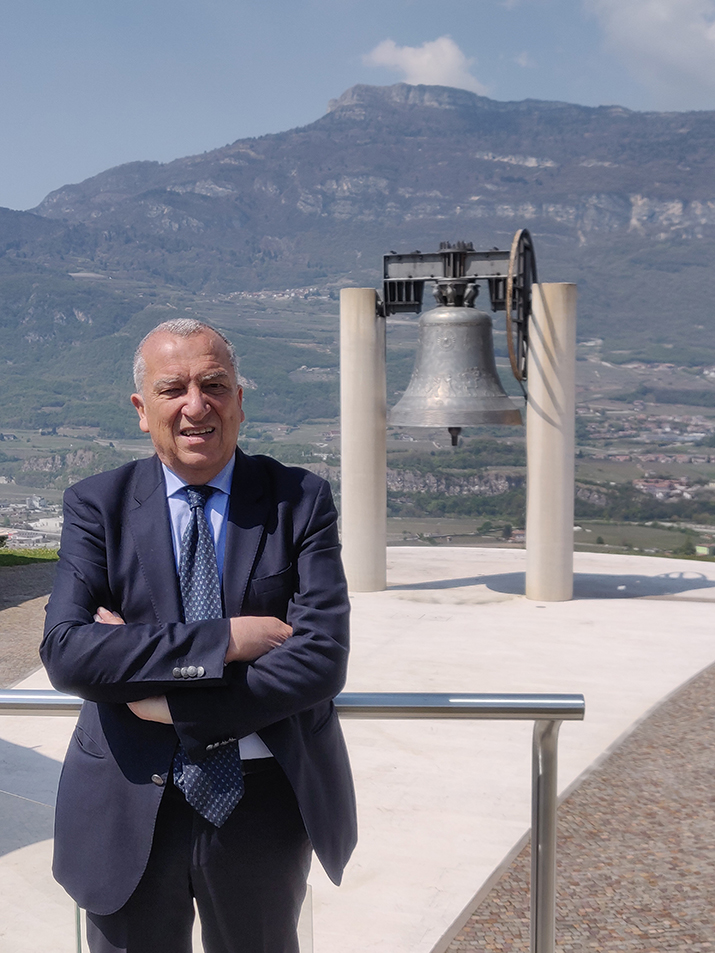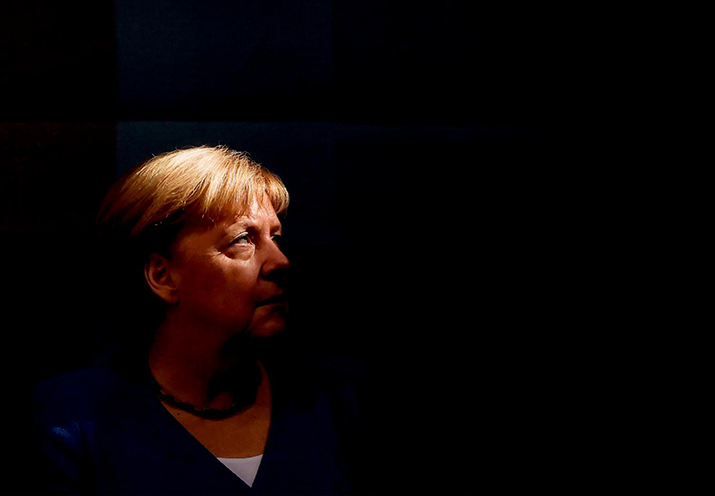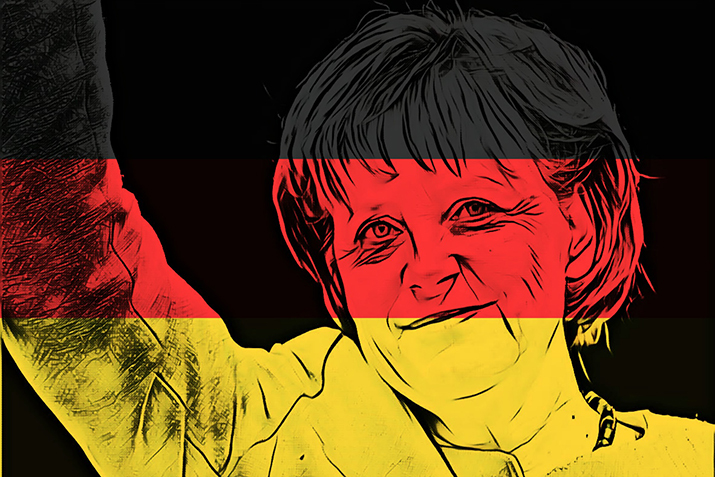ANGELA MERKEL LEAVES THE SCENE
The definitive departure of Angela Merkel, which took place in Berlin on 8 December in connection with the oath and subsequent handing over to her successor, the social-democratic Olaf Scholz, leaves a void that is difficult to fill not only in her native Germany but in the whole continent of Europe and, of course, beyond.
I have intentionally omitted to associate the word "void" with any adjective, although "political" is of course the one that best fits the present circumstances. Indeed, far from being confined to a specific sector of activity, the withdrawal from the spotlight of the one Chancellor Kohl once called with paternal affability das Maedchen ("the girl", except at a certain moment when he felt her enormous determination and strength of character at his own expense) embraces the last twenty years of German history, understood in its entirety.
Judging from her first years of life, for Angela Dorothea, born in Hamburg to a family with solid German-Eastern roots (the choice of a "DDR-stamped" success during the official farewell ceremony by Nina Hagen speaks volumes on the strength of the link to her origins), the achievable goals seemed to be above average, but certainly not unlimited.
After completing her university studies, she was rewarded a seat in the Bundestag for her commitment to the local democratic movements that had sprung from the ruins of the Honecker regime, nothing that would predict such a bright future on the national, European and world stage. In fact, a series of significant objective obstacles stood in the way. The first, and most important, the fact of being a woman, considering that from Adenauer onwards Germany had been governed exclusively by Kanzler declined only in the masculine.
A fifth term, widely within her reach, was excluded according to many neutral observers only by her choice not to run again
The second was linked to her coming from an already communist Land, with the stigma of a socio-cultural path considered inferior to her peers raised in Cologne or Hanover. Even her scientific training provoked critical evaluations from the right in political circles represented to a very large extent by jurists, political scientists and historians. Competence, rigor, strategic vision, willingness to dialogue and, where required, a use of authority without half measures have been the main qualities that have allowed her to make her way, over the years, with increasing recognition both in Germany and abroad.
At the time of the announcement of her leave, which took place well in advance of the most recent German election, the results obtained were evident to all, perfectly epitomized in her four successive terms as Chancellor (2005-2021). A fifth, largely within her reach, was excluded according to many neutral observers only by her choice not to run.
This is certainly not the place to take stock of Angela Merkel’s work, which would require much more space. In a brief summary and limiting ourselves to international politics alone, the “Iron” Chancellor (a term shared in Europe with Margaret Thatcher) was undoubtedly a firm and loyal supporter both of the founding values of the European Community and of the transatlantic link with the United States. The aforementioned despite the presence, within the German political and financial/economic world, of visions based on an awareness of the continental supremacy of Germany (the well-known image of the "locomotive" driving all the other wagons) which, as one example of many, tend to result in a limited understanding regarding the more fragile economic systems of the "southern side".
I conclude the portrait of Angela Dorothea with an image and a sentence. The image is that of the exiting Kanzlerin, sitting at the table of the heads of the national delegations, on the occasion of the G20 Summit held in Rome last October, with Chancellor-designate Scholz disciplinedly placed in the second row to listen and, who knows, perhaps also to take notes. A truly enviable model of "democratic coexistence". The sentence is more recent, against the background of the disastrous epidemiological situation in Germany and concerns Angela Merkel’s acknowledgement of «how competent Italy has been» in the fight against the pandemic, thanks to a well-chosen mix of political decisions and technical-sanitary measures.
Some wished to read a "belated repentance" into these words of the former Chancellor for the criticisms expressed against our country over the years of her mandate. Personally, I favour the sincerity of the compliment, which fits in well with her empathic attitude towards Italy, confirmed by the annual period of holidays in Ischia, naturally spent in the company of her husband, Herr Sauer. The newfound freedom from government posts will contribute, we sincerely hope, to make her future stays even more pleasant.
Reggente Marco Marsilli, Foundation President









